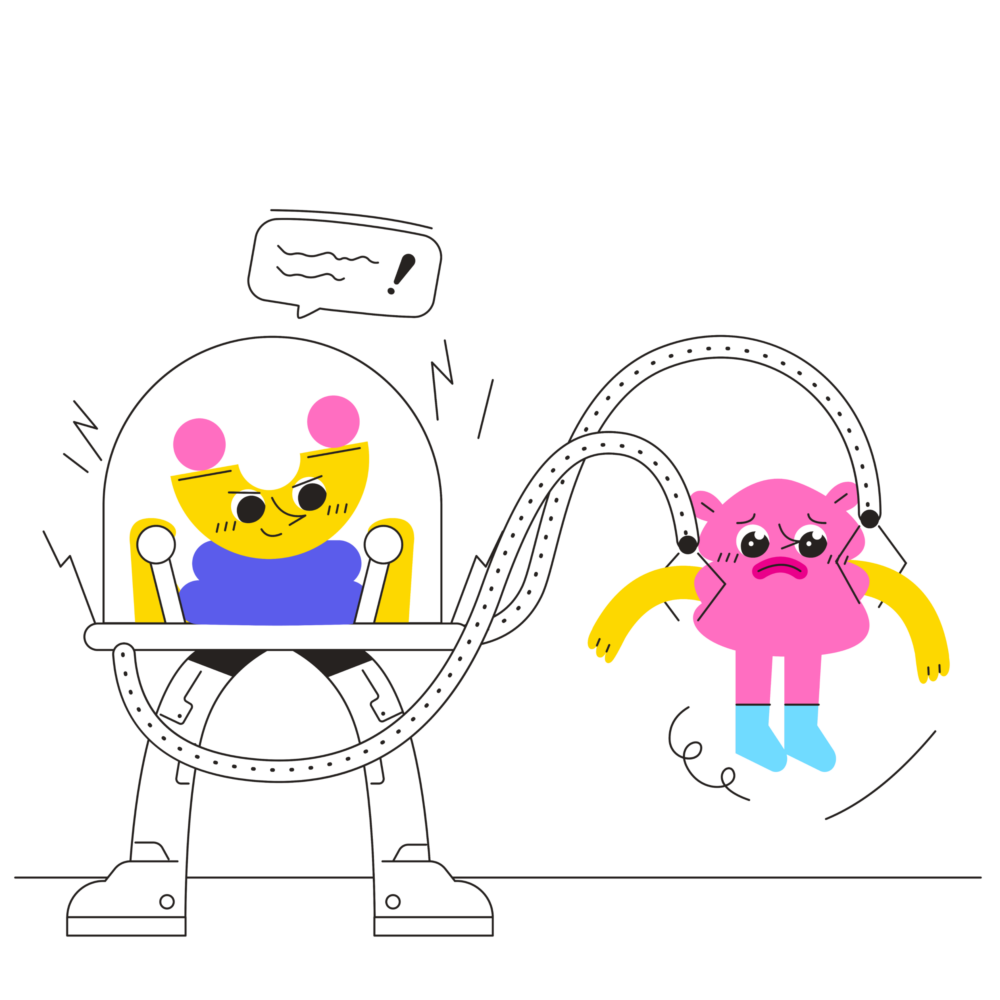A Canadian-born psychiatrist, Eric Berne developed Transactional Analysis (TA) as a psychoanalytic theory and therapeutic approach. Berne introduced TA in the mid-20th century, primarily in his groundbreaking book “Games People Play,” published in 1964. TA offers a framework for understanding human behaviour, communication, and relationships. Here are the key concepts of Transactional Analysis:
1. Ego States
Ego states are the three components of personality through which individuals interact with others:
- Parent: The Parent ego state contains thoughts, feelings, and behaviours learned or adopted by parental or authority figures. It can be nurturing (Nurturing Parent) or critical (Critical Parent).
- Adult: The Adult ego state represents rational thinking, problem-solving, and objective analysis. It involves processing information in the present moment without influence from past experiences or emotional reactions.
- Child: The Child ego state encompasses thoughts, feelings, and behaviors learned or experienced in childhood. It can be playful and spontaneous (Free Child) or adaptive and compliant (Adaptive Child), or rebellious and impulsive (Rebellious Child).
2. Transactions
Transactions are the interactions or exchanges between individuals’ ego states. Berne categorized transactions into three types:
- Complementary Transactions: Transactions in which the sender’s ego state receives a response from the receiver’s ego state that is appropriate and expected. This type of transaction leads to effective communication and understanding.
- Crossed Transactions: Transactions in which the response from the receiver’s ego state is different from what the sender’s ego state expected. Crossed transactions often lead to misunderstandings and communication breakdowns.
- Ulterior Transactions: Transactions in which there is a hidden or covert agenda or motive behind the communication. Ulterior transactions can involve manipulation, deceit, or power struggles.
3. Strokes
Strokes refer to units of recognition or acknowledgement exchanged between individuals. Furthermore, strokes can be positive (e.g., praise, compliments) or negative (e.g., criticism, disapproval). Berne suggested that individuals have a psychological need for a certain amount of strokes and that strokes influence their sense of self-worth and well-being.
4. Games
Games are repetitive patterns of behaviour that individuals engage in unconsciously to fulfil psychological needs or gain strokes. Also, games often involve hidden agendas, ulterior transactions, and predictable outcomes. Berne identified numerous games in his book “Games People Play,” such as “Why Don’t You—Yes, But,” “If It Weren’t for You,” and “Ain’t It Awful.”
5. Life Positions
Life positions are the fundamental beliefs or attitudes individuals hold about themselves, others, and life in general. Berne proposed four life positions:
- I’m OK, You’re OK: A healthy life position characterized by mutual respect, acceptance, and empathy.
- I’m OK, You’re Not OK: A position where individuals see themselves as worthy and competent but view others as inferior or unworthy.
- I’m Not OK, You’re OK: A position where individuals see themselves as flawed or inadequate but perceive others as capable and competent.
- I’m Not OK, You’re Not OK: A position characterized by feelings of helplessness, hopelessness, and despair.
6. Script
Script refers to the unconscious life plan or narrative that individuals develop early in life based on their experiences, beliefs, and decisions. Scripts influence individuals’ thoughts, feelings, behaviors, and life outcomes. Transactional analysts help clients identify and revise limiting or dysfunctional scripts to create more fulfilling lives.
Applications of Transactional Analysis
- Psychotherapy: Transactional Analysis is used as a therapeutic approach in individual therapy, couples therapy, and group therapy to address a wide range of psychological issues, including relationship problems, communication difficulties, and self-esteem issues.
- Organizational Development: Transactional Analysis concepts are applied in organizational development, leadership training, and team building to improve communication, resolve conflicts, and enhance productivity and collaboration in the workplace.
- Education and Parenting: Transactional Analysis principles are utilized in education and parenting to promote effective communication, positive discipline, and healthy parent-child relationships.
Transactional Analysis comprehensively explains human behaviour, communication, and relationships. It provides individuals with insights into their psychological processes and offers practical tools for personal growth, interpersonal effectiveness, and positive change.
Ready to begin? Start your online therapy journey today. Book your first session now.




